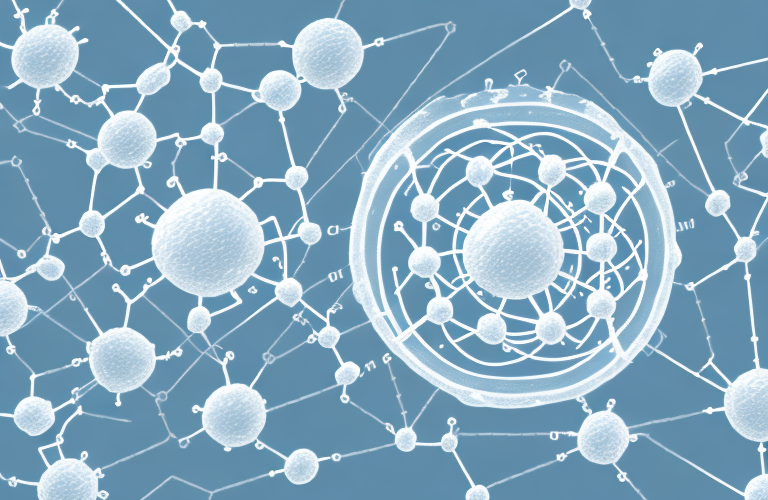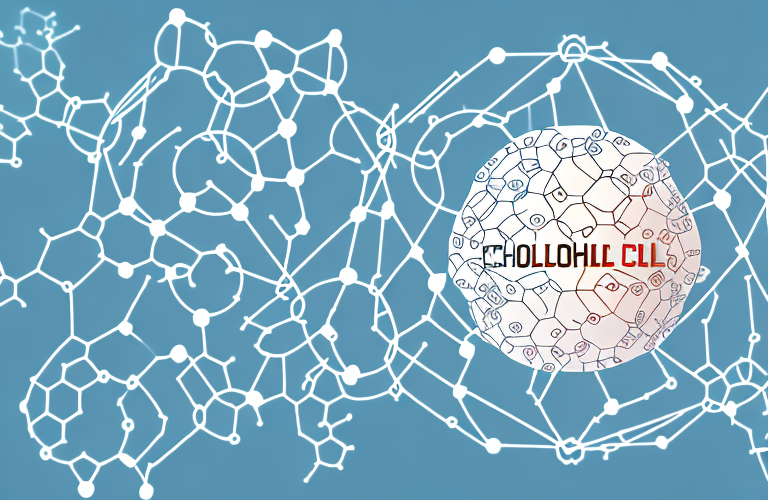
Micronutrients Explained: Pyridoxal-5-Phosphate
Micronutrients are essential for maintaining a healthy body. These nutrients include vitamins, minerals, and trace elements that the body needs in small quantities to function optimally. One such important micronutrient is Pyridoxal-5-Phosphate (P5P), which is a form of vitamin B6. In this article, we will explore what Pyridoxal-5-Phosphate is, why it's important, its role in metabolism, sources of P5P in the diet, deficiency symptoms, and how to ensure adequate intake to reap the benefits of this essential micronutrient.What is Pyridoxal-5-Phosphate and Why is it Important?P5P is the active form of vitamin B6 which plays a vital role in numerous bodily…








